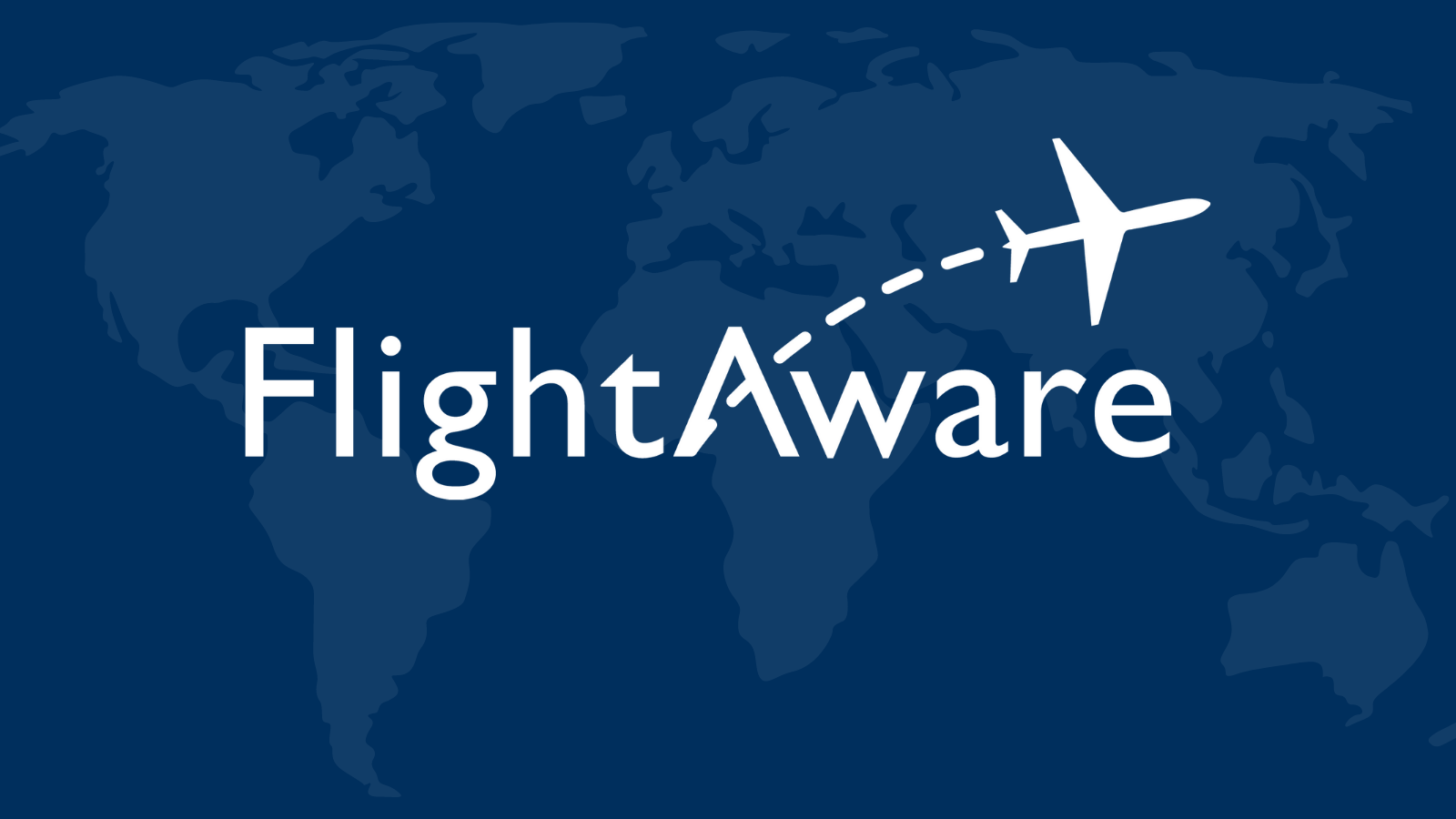WEST PALM BEACH FL - It's no surprise that Google, the top search engine company that also owns YouTube.com, is able to make or break businesses. This has been the norm for the past decade, with winners and losers being created daily.
What may surprise you, however, is that Google and other platforms are inadvertently contributing to the growth of their competitors in the search, social media, and video sharing industries. Google's continued censorship has led to the rise of competitors like DuckDuckGo.com, a popular alternative search engine that prioritizes user privacy. As interest in uncensored search engines grows, more alternatives like Qwant.com and Startpage.com have also seen increased adoption by users. Google's censorship efforts inadvertently create space for smaller players to gain market share in these industries. Despite Google's dominant position in the market with over 91% share, competitors like DuckDuckGo.com have been able to carve out a significant portion of the market due to user demand for more privacy-focused and uncensored search options. The trend of users seeking alternatives to Google's censorship is only expected to continue. One area where competition against Google has seen significant growth is in the video-sharing space. Rumble. com, a Toronto-based video platform and competitor to YouTube.com, has experienced rapid growth in monthly users. The platform's user count skyrocketed from 1. 6 million to 31.9 million by the end of the first quarter of 2021, potentially driven by concerns around censorship of conservative media. A lawsuit filed against Google by Rumble alleges that Google attempted to stifle Rumble's growth by censoring it in search results to favor YouTube. com. This anti-competitive behavior has pushed more users towards Rumble as an alternative to YouTube's censorship practices. Prominent figures like Senator Rand Paul and media outlets like the New York Post have also shifted to platforms like Rumble due to concerns about online censorship. Rumble's popularity has grown to the point where it is expected to go public and provide services for Trump's upcoming social media network. The rise of alternative platforms like Gab.com, Gettr. com, and Parler.com in response to censorship on social media giants like Facebook and Twitter further illustrates the demand for uncensored and unbiased platforms. The growth of these platforms indicates a shift towards user-controlled information consumption and away from the filtered content provided by Big Tech companies. Legislation like the Filter Bubble Transparency Act seeks to address concerns around biased and manipulated information presented by search engines and social media platforms. By requiring these platforms to provide unfiltered views of content, users can regain control over their information intake and make informed decisions about the content they consume. In a digital landscape dominated by Big Tech, the rise of alternative platforms and calls for transparency in content presentation signal a shift towards user empowerment and freedom of information access online. With users increasingly seeking uncensored and unbiased sources of information, the future of the internet may be shaped by the demand for transparency and choice.Big Tech's Censorship Sparks Growth of Alternatives and Competitors, Potential Legislation to Aid Further
 2 years ago
1677
2 years ago
1677
- Homepage
- Technology
- Big Tech's Censorship Sparks Growth of Alternatives and Competitors, Potential Legislation to Aid Further
Related
FlightAware Data Breach Exposes Users' Sensitive Information...
1 month ago
838
Former Google CEO Eric Schmidt's Insights on LLMs, AI Langua...
1 month ago
721
Apple's Innovative Smart Home Hub with Rotating Screen Set f...
1 month ago
789
Trending in United States of America
Popular
Nokia Reaches 5G Patent Agreement with Vivo After Lengthy Le...
7 months ago
26048
Apple's Upcoming Tablet Lineup: iPad Air to Introduce Two Si...
9 months ago
25976
Xiaomi's First Electric Car, the SU7 Sedan, Enters the EV Ma...
8 months ago
25364
The European Parliament's Bold Move to Combat Smartphone Add...
9 months ago
25312
Unveiling ChatGPT's New 'Memory' Feature Revolutionizing Use...
7 months ago
25212
© OriginSources 2024. All rights are reserved








 English (US)
English (US)